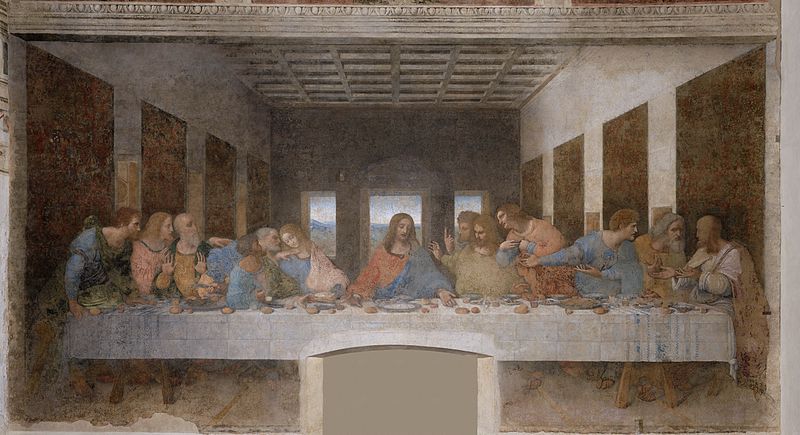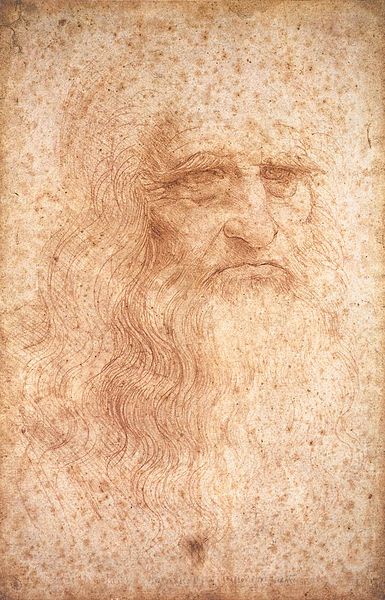下面比网校雅思频道为大家整理了雅思听力材料:达芬奇-最后的晚餐(BBC纪录片),供考生们参考,以下是详细内容。
剧情简介:
在美丽的画作与雕像背后,往往隐藏着许多鲜为人知的故事。这套得奖节目揭露了多个经典的艺术作品背后传奇而又迷人的故事。本影片不仅介绍了每件作品的创作历程,而且还详述了它们对世人的影响。这些杰作影响后世至深,就算历经多个时代,也能绽放出耀目的光芒,是鉴赏家不容错过的经典。
更多雅思听力材料:旷世杰作的秘密(BBC纪录片)全集
BBC:The Private Life of A Masterpiece-The Last Supper(达芬奇-最后的晚餐)
作品简介:
The Last Supper

The Last Supper (Italian: Il Cenacolo or L'Ultima Cena) is a late 15th century muralpainting by Leonardo da Vinci in the refectory of the Convent of Santa Maria della Grazie,Milan. The work is presumed to have been commenced around 1495 and was commissioned as part of a scheme of renovations to the church and its convent buildings by Leonardo's patron Ludovico Sforza, Duke of Milan. The painting represents the scene of The Last Supper of Jesus with his disciples, as it is told in the Gospel of John, 13:21. Leonardo has depicted the consternation that occurred among the Twelve Disciples when Jesus announced that one of them would betray him.
作者简介:
Leonardo da Vinci

Leonardo di ser Piero da Vinci (Italian pronunciation: [leo?nardo da ?vint?i] pronunciation (help·info)) (April 15, 1452 – May 2, 1519, Old Style) was an Italian Renaissance polymath: painter, sculptor, architect, musician, scientist, mathematician, engineer, inventor, anatomist, geologist, cartographer, botanist, and writer. His genius, perhaps more than that of any other figure, epitomized the Renaissance humanist ideal. Leonardo has often been described as the archetype of the Renaissance Man, a man of "unquenchable curiosity" and "feverishly inventive imagination". He is widely considered to be one of the greatest painters of all time and perhaps the most diversely talented person ever to have lived. According to art historian Helen Gardner, the scope and depth of his interests were without precedent and "his mind and personality seem to us superhuman, the man himself mysterious and remote". Marco Rosci states that while there is much speculation about Leonardo, his vision of the world is essentially logical rather than mysterious, and that the empirical methods he employed were unusual for his time.
